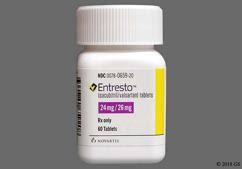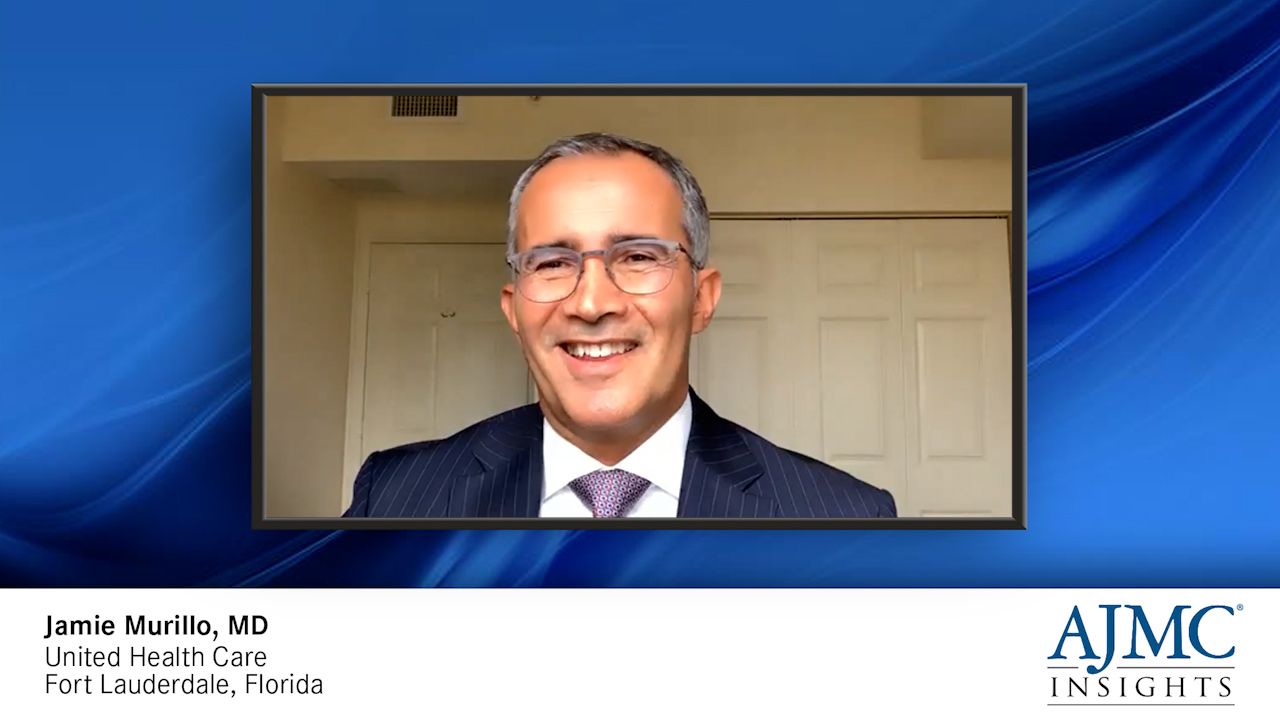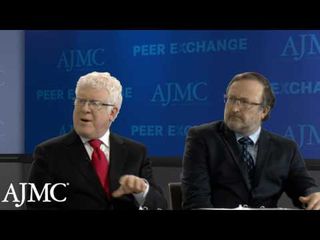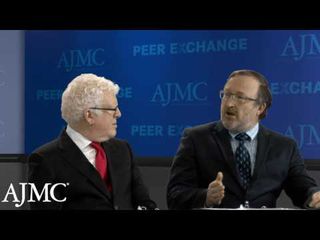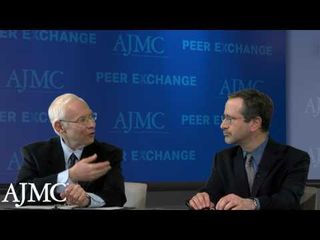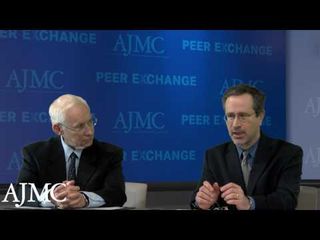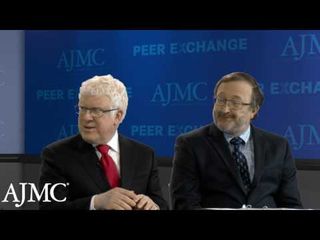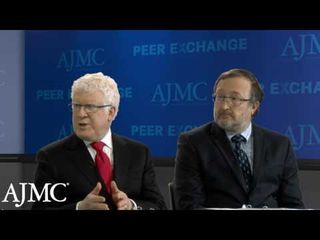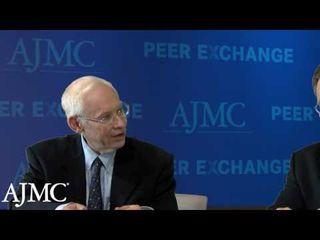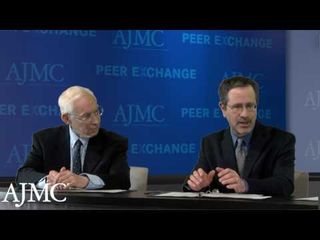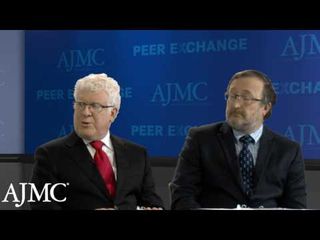
Heart Failure
Latest News
Latest Videos

CME Content
More News

Compared with a standard-protein diet, a high-protein diet reduced several markers of cardiometabolic risk in patients with heart failure and diabetes who were considered overweight or obese.

An early heart failure follow-up intervention succeeded in increasing referral to and completion of cardiology appointments within 7 days of discharge. The intervention was associated with lower risk of 30-day all-cause emergency department visits, all-cause hospitalizations, or death.
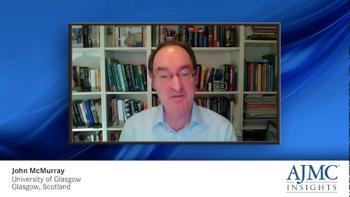
Expert physicians consider how novel agents will affect the treatment paradigm for heart failure.

An investigation of economic data from 3123 US counties, from 2007 to 2016, indicates that the cardiovascular mortality drop the authors saw may be a result of improved economic conditions.
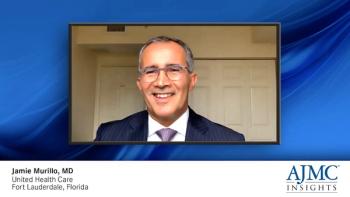
A discussion on the optimal sites of care for patients with heart failure and how differing locations may alter treatment access.

Treatment optimization for heart failure with reduced ejection fraction is the focus of the American College of Cardiology’s 2021 update to its 2017 Expert Consensus Decision Pathway on managing patients with the condition.

Women receiving treatment for early-stage breast cancer may have a lower risk of developing heart failure if their therapy regimens include statins.

A meta-analysis found evidence that different kinds of physical activity can help reduce risk of heart failure for the general population.

Both women and men have a greater chance of 90-day hospital readmission when they are considered to be in frail condition from heart failure.

A key opinion leader considers the optimal timing of adding an SGLT2 inhibitor to the treatment for patients with heart failure.

A discussion on the differences of sacubitril-valsartan and spironolactone for the treatment of heart failure.

A discussion on the promising findings from the TOPCAT study.
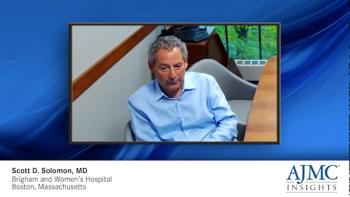
An expert in the management of heart failure considers the importance of recent findings from the PARALLAX study.

New study findings may pave the way for research into the prognostic value of white matter lesions in heart failure and the impact that HF therapies have on them.

Amid speculation that total blood counts may be associated with heart failure prognosis, researchers find that higher levels of platelet distribution width could be used to predict a worse prognosis for heart failure.

Patients with heart failure should be prioritized during vaccine rollout because of increased mortality risks reportedly associated with coronavirus disease 2019 (COVID-19).

An overview of the PARAGON-HF trial with special consideration to the rationale behind the design, the cardiovascular end points, and the safety profile.

An expert physician provides an overview of the PROVE-HF trial and considers the practical implications for heart failure with reduced ejection fraction.

A discussion on how the economic burden of management differs for patients with HFpEF and HFrEF.

A key opinion leader considers how to ensure patients with HFpEF and HFrEF receive therapy in a timely and appropriate manner.

Recent study findings highlight mixed results following use of this medication among Mississippi and Massachusetts Medicaid beneficiaries.

Our top heart failure articles of the year cover a groundbreaking development for dapagliflozin, address the important issue of disparities in this space, and see coronavirus disease 2019 make yet another appearance.

Expert physicians consider how the treatment of patients differ when they have HFpEF versus HFrEF.

Key opinion leaders enumerate the challenges of treating patients with HFpEF.

Hoping to improve outcomes among patients with acute heart failure discharged from the emergency department, study findings show that 30-day improvements from a self-care intervention were not sustainable through 90 days.
